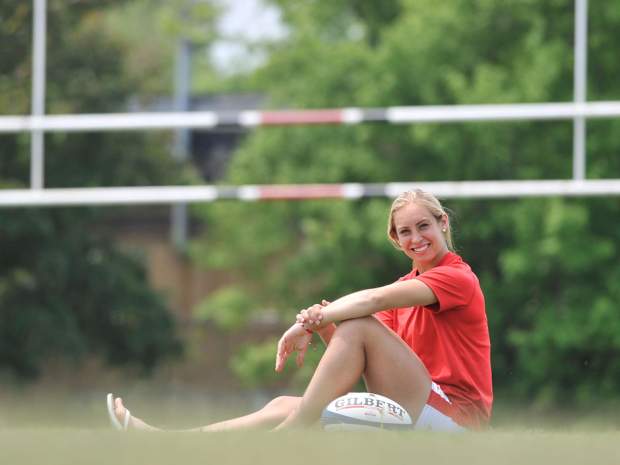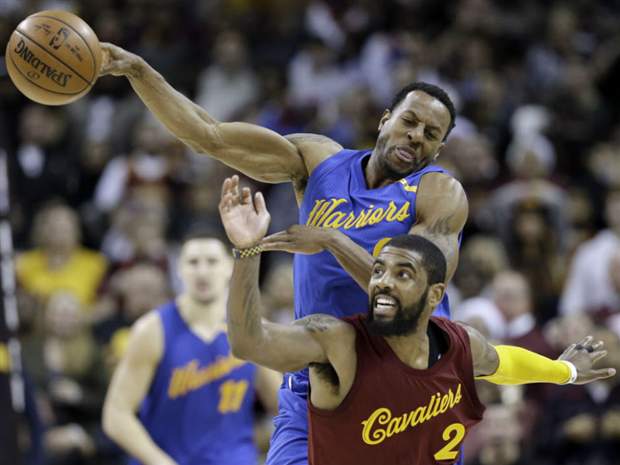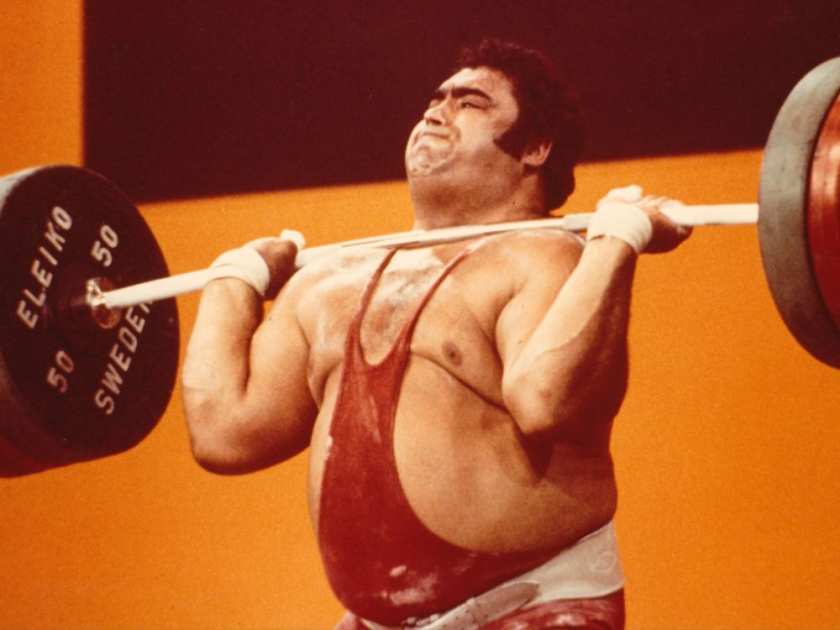Megan Lukan walked away from rugby three times. Now she’s competing for Canada at the Olympics

RIO DE JANEIRO, Brazil — The plan, loosely stated, went something like this.
Megan Lukan would parlay her basketball skills into an NCAA scholarship and a professional job in Europe. The national team and the Olympics were also a possibility, but her priority was always the city game and her flirtation with this other sport didn’t offer anywhere near the opportunities that hoops offered.
“It was always basketball,” says the 24-year-old from Barrie. “Rugby was on the back burner.”
Not any more.
On Saturday, Lukan will line up for Canada in the first-ever Olympic women’s rugby sevens tournament, completing a long, strange odyssey that took her from the national developmental team in roundball to a starring five-year turn at the University of Wisconsin-Green Bay to the rugby training centre in Victoria to Brazil.
Along the way she walked away from rugby on three different occasions — believing she’d never play the sport again each time — but, always, she came back.
And now here she is in Rio, her audacious Olympic dream realized.
“I didn’t take the route others have taken,” Lukan says.
But when your ambition is fuelled by a five-alarm fire, it will take you to some strange and wonderful places.
“I wouldn’t have put her in my projected 12 (for the Olympics) last year,” says national team coach John Tait. “She just took her opportunities and she performed. She’s not our fastest or strongest athlete, but no one will outwork her. Sometimes the problem is turning off the switch and that’s not a bad problem to have as a coach.”
Lukan first came under Tait’s watch in April 2015, just a couple of weeks after her collegiate career ended with UWGB’s first-round loss to Princeton in the NCAA tournament. To that point, she hadn’t played rugby since her senior year of high school but the national team coaching staff was well aware of Lukan, largely because assistant coach Sandro Fiorino had scouted her in high school.

“She made a huge impression,” said Fiorino, who coached McMaster at the time and was involved with the Ontario provincial team. “She was the best player (at the Ontario high school championship). You don’t let an athlete like that go.”
Fiorino and Tait would maintain contact with Lukan over her final two years at Green Bay and eventually sold her on the national team program. The good news was, as a member of a Division-I school and a former member of the Canadian development team, she was familiar with the demands of high-performance programs.
The other news was, technically, that experience was in basketball and she had to learn how to play the most demanding form of rugby from scratch.
“She knew about the work involved,” says Tait. “My concern was if she’d be afraid of the contact, but she stuck her nose right in there.”
Lukan would move in with the family of national team assistant Morgan Willliams and accelerated her development through concentrated backyard sessions with the coach. It also helped Lukan that injuries to several veterans, including stars Ghislaine Landry and Ashley Steacy, opened up playing time in the runup to Rio.
You don’t let an athlete like that go
When the national team was announced in early July, Tait caused a mini-furor when he named Lukan to the roster over, among others, Magali Harvey, the 2013 women’s player of the year in the 15’s version of the game.
There was, however, no controversy in Tait’s mind.
“The players selected were the most consistent performers at their position,” Tait says. “Team selection starts with who’s performing best.”
As for her continuing rugby education, Lukan says her basketball skills come in handy. At Green Bay she was team’s point guard, which meant she was in charge of distributing and facilitating for her teammates. Turns out it’s the same drill in rugby, except for the part where she gets pounded like a post.
“I think the biggest thing is the vision and finding the advantages, the three-on-twos and two-on-ones,” says Lukan. “I was a point guard in basketball so I had to see the whole court. Now I try to see the whole field.”








